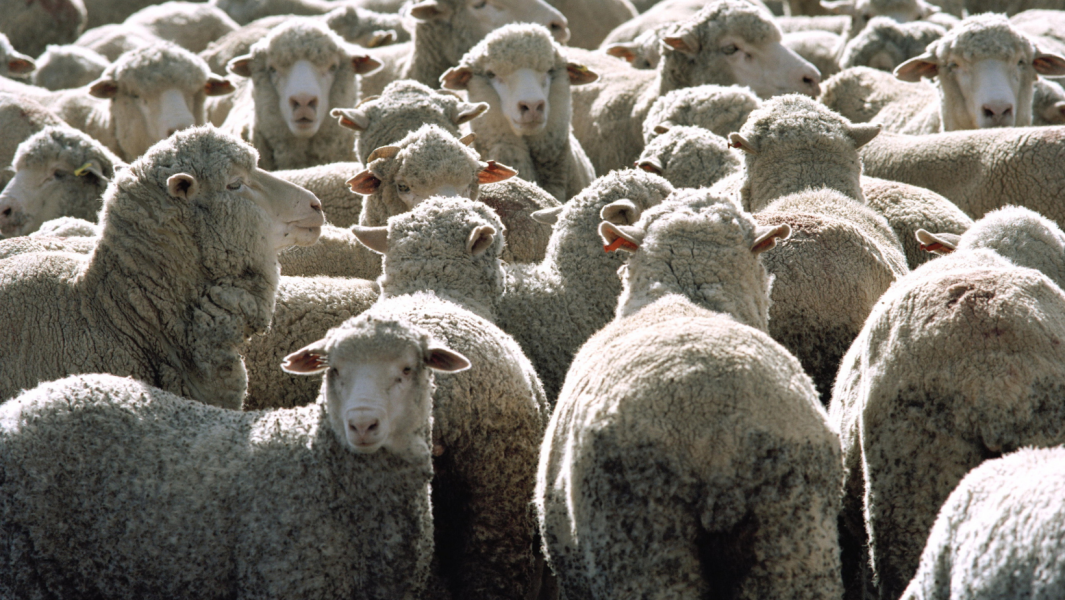Archives
- Home
- News
- Posts
- Agri Orbit
- Pulpy kidney: The silent killer
Pulpy kidney: The silent killer
- Agri Orbit
-
Jun 30
- Share post

To find dead sheep in your kraal when they were seemingly healthy the previous day dead in your kraal is not a pretty sight, and leaves many producers perplexed. Sudden mortalities among sheep may have several causes, of which pulpy kidney is one of the most common.
In South Africa, pulpy kidney is one of the most prominent diseases in sheep and goats. Although sheep of any age can contract the disease, it is mostly found among lambs between the ages of three weeks and three months, or between six and twelve months. It is seldom found among cattle. When pulpy kidney occurs in goats it can cause chronic diarrhoea, which can lead the goat dying or becoming emaciated.
Well-known veterinarian, Dr Faffa Malan, says the disease is caused by the epsilon toxin of the Clostridium perfringens type D bacteria, usually found in the intestines of sheep and goats. Certain conditions will cause the bacteria to multiply rapidly.
Main causes
Sheep that are suddenly moved from poor grazing to exceptionally good pastures such as lucerne, green wheat and green oats, is one of the major causes of the disease, he explains. “It is also commonly found when they are put on a diet very rich in protein. The animals tend to overeat themselves, which is why the disease is often called overeating disease.
“This toxin increases the permeability of the digestive tract’s lining, allowing the toxin to be easily absorbed by the body. It also damages blood vessels and increases their permeability. In this way the kidneys are affected, and it can lead to brain dysfunction, which in turn can cause the nervous system to malfunction.”
Clinical signs
Because pulpy kidney leads to sudden mortalities, there are hardly any signs producers can look for. Lambs with acute pulpy kidney can die within two hours. Faffa says there are some symptoms the producer needs to look out for if animals are in the very early stages of the disease. These are, however, unobtrusive symptoms that are not easy to notice.
“For example, the animals will fall behind in the herd and appear listless. They can be depressed, overly sensitive and refuse to eat. Their joints are weak and uncoordinated, they grind their teeth and make kicking movements when lying down. Some animals have mild diarrhoea. Young lambs may have colic and can become bloated before they die. Sick goats can make a hissing sound due to the pain.
“It is difficult to make an accurate diagnosis, since many other diseases can lead to sudden mortalities in the herd, such as outbreaks of prussic acid poisoning, lamb dysentery, bloodgut, pasteurellosis and heartwater, to name a few. To make the correct diagnosis, it is advisable to call in the help of a veterinarian as soon as possible once the mortalities were discovered. The veterinarian will perform a post mortem to determine what the producer should do next.”
Prevention and control
According to Faffa, pulpy kidney is such a common occurrence, that a modern sheep farm cannot function properly if it doesn’t ensure that the herd is immunised against the disease.
He offers the following tips:
· In the event of an outbreak of pulpy kidney, immediately immunise all animals in the herd (again) against the disease.
· Treat all animals with long-acting antibiotics to prevent mortalities before they develop sufficient immunity after immunisation. Contact your veterinarian.
· Amend the nutritional management programme to eliminate all factors that may lead to pulpy kidney.
· Identify, mark, castrate, and dock the tails of lambs before the age of two months to prevent a sudden change in milk and feed intake.
· Change the diets of ruminants very slowly.
· If the cause of pulpy kidney is unknown, it is better to immunise all sheep on the farm against pulpy kidney four weeks prior to deworming.
· Remember to administer a booster dose – read the leaflet of the specific vaccine.
· If ewes are immunised before lambing and the ewes’ nutritional status is optimal, the lambs will be protected by colostrum immunity if they ingest enough colostrum in time. – Koos du Pisanie, Stockfarm





